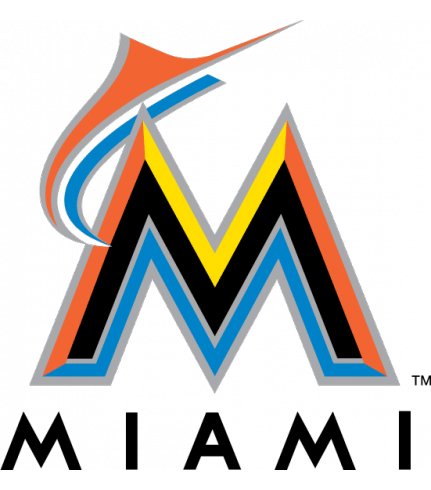 Last week, Ken Rosenthal and Jon Paul Morosi wrote that “major-league sources” told them the Miami Marlins have decided they will not pay any of their 0-3 year service class players a single dollar above the Major League Baseball minimum. A player cannot become a free agent until he has accumulated six full years of Major League service time. Salary arbitration comes into play when a player and club cannot agree on a contract prior to the player accumulating the six years of service, but after racking up three years of service. The exception is a group of players in the “Super-Two” class. This group of players is comprised of players who have played for two years but less than three. Additionally, they must have accumulated 86 days of service in the previous season and rank in the top 17 percent of total service time in their class.
Last week, Ken Rosenthal and Jon Paul Morosi wrote that “major-league sources” told them the Miami Marlins have decided they will not pay any of their 0-3 year service class players a single dollar above the Major League Baseball minimum. A player cannot become a free agent until he has accumulated six full years of Major League service time. Salary arbitration comes into play when a player and club cannot agree on a contract prior to the player accumulating the six years of service, but after racking up three years of service. The exception is a group of players in the “Super-Two” class. This group of players is comprised of players who have played for two years but less than three. Additionally, they must have accumulated 86 days of service in the previous season and rank in the top 17 percent of total service time in their class.
Basically, the Marlins wish to take advantage of the fact that 0-3 year service class players have absolutely no leverage in negotiating their year-to-year contract by keeping such players at the Major League minimum, which increases slightly every year pursuant to the MLB Collective Bargaining Agreement. While it may sound like a smart business practice, this is not typically how MLB teams choose to operate. Such a decision could have a damaging effect on the club’s players’ psyches. Further, it will surely piss off quite a few baseball agents who look forward to finally cashing in on players they have represented through Minor League Baseball without a dime in compensation.
According to the MLBPA Regulations Governing Player Agents (As Amended Effective October 1, 2010), baseball agents cannot receive a commission on a client’s salary if it is at the Major League Baseball minimum. The following screengrab comes from Section 6(I), which is titled, “Limitations on Player Agent Fees.”
So basically, a club is willing to risk damaging its relations with its players and their agents in an effort to receive a windfall of a few thousand dollars per player, per year. Perhaps the potential consequences are worth it to the club.

4 replies on “Miami Marlins’ Plan To Keep Players At Minimum Salaries Will Piss Off Agents”
This shouldn’t anger agents that much seeing as after the draft bonus, industry standard is to not take a commission on player salary until free agency.
If true, that’s tough, considering not all “advisers” even take a cut on the draft bonus. So little to no commission on the bonus, shelling out $ for equipment + other expenses thru minors, still no commission until arb eligible? Sounds fun..
btw, I take it you meant arbitration instead of free agency.
I worked with a large agency (80ish MLB players), their policy seemed to be take regular commission on draft bonus, take comission on arbitration if it goes to arbitration but not if settled and then take comission on free agency. During the first six service years they still take commission on any marketing deals/appearances the player does. While this is one agency, I was led to believe that this type of arrangement was the standard policy.
No commission if a settlement in an arbitration year? Ouch.
I won’t ask you to reveal the name of the agency, but I am bewildered how agencies like this can survive. Then again, you state 80ish MLB players. I guess this particular agency is in a unique position.